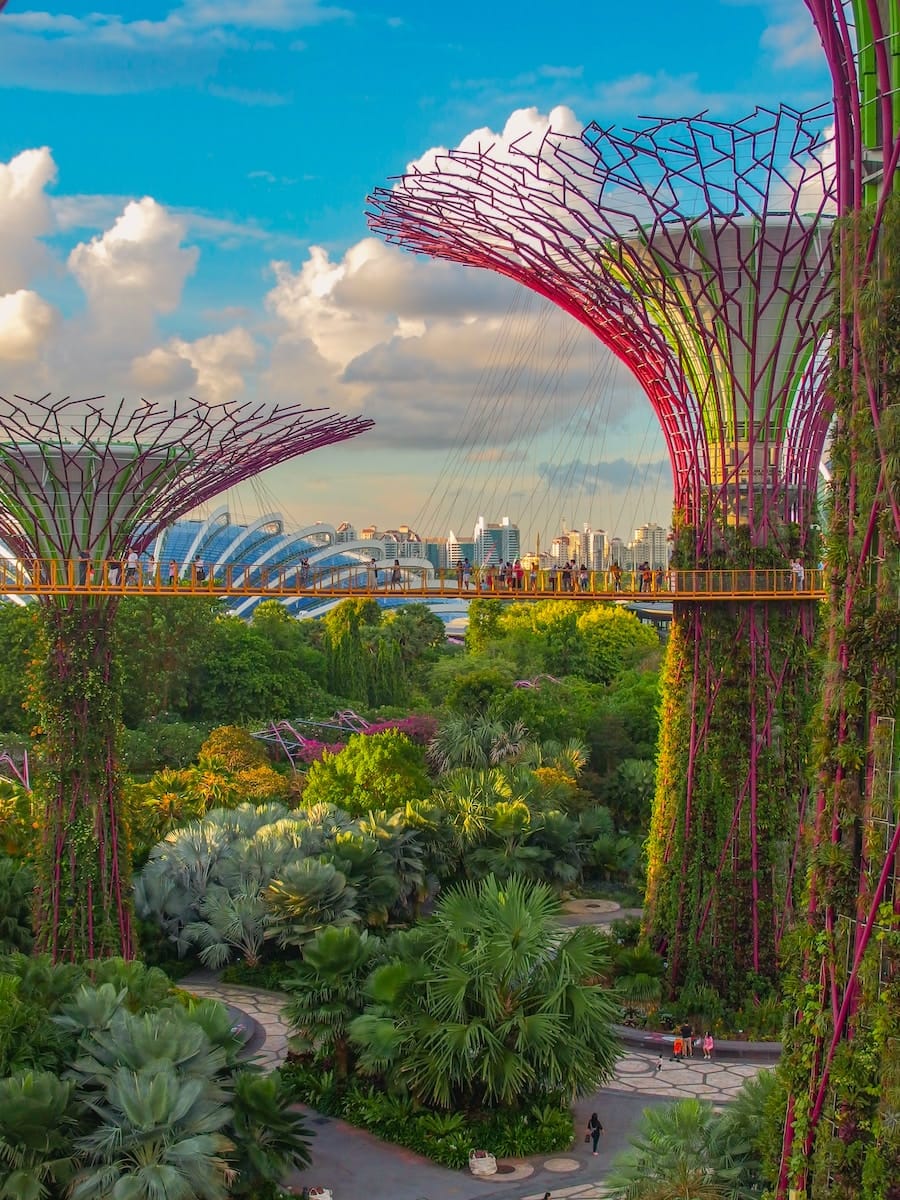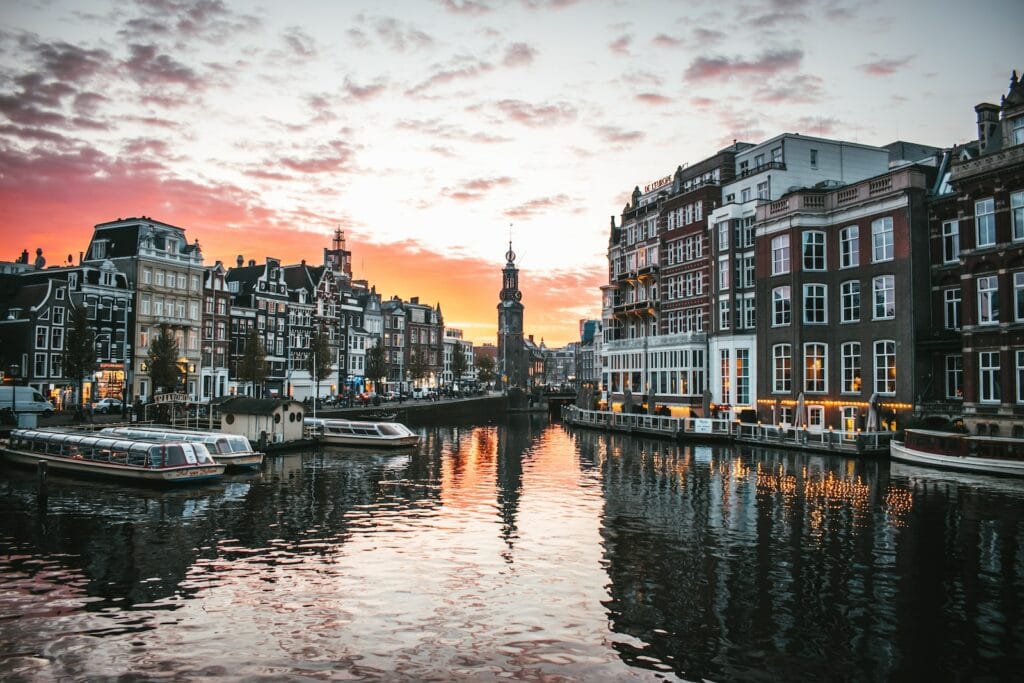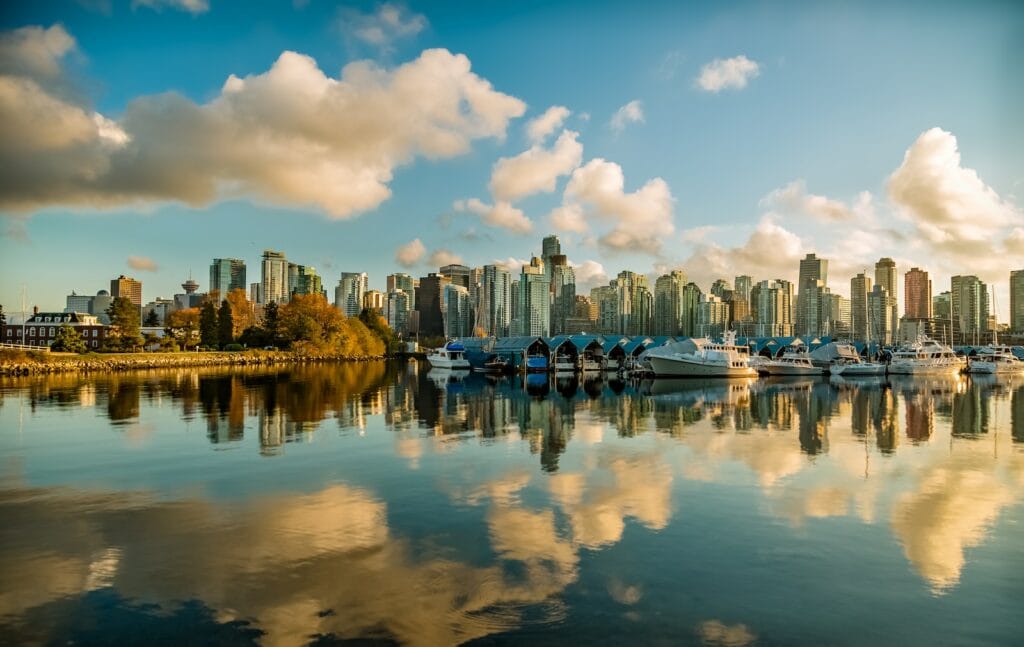Touring the World’s Most Sustainable Cities

As the global population continues to grow, urbanization has become an unstoppable force. By 2050, it is estimated that nearly 70% of the world’s population will live in cities. With this rapid urban expansion comes the pressing need for sustainable urban planning and development. Fortunately, many cities around the world have taken up the challenge and are leading the way in creating more sustainable, eco-friendly, and liveable urban environments.

Let’s take a tour of some of the world’s most sustainable cities we have visited, examining key statistics and initiatives that make them stand out:
We don’t run ads or share your data. If you value independent content and real privacy, support us by sharing.
- Copenhagen, Denmark
- Bicycle Capital: Copenhagen is renowned for its cycling culture, with 50% of residents commuting by bike.
- Renewable Energy: The city aims to be carbon-neutral by 2025, with over 60% of its electricity coming from wind power.
- Green Spaces: It boasts an impressive 30% of the city covered in parks and green spaces.
- Amsterdam, Netherlands
- Cycling Paradise: Amsterdam is another cycling haven, with more bikes than residents.
- Clean Water: The city’s canals are famous and serve as an effective way to manage stormwater.
- Green Buildings: Amsterdam is committed to making all new buildings energy-neutral by 2025.
- Stockholm, Sweden
- Smart Transportation: The city has invested heavily in public transportation, reducing the need for private cars.
- Clean Energy: Stockholm’s goal is to be fossil fuel-free by 2040.
- Waste Recycling: Over 99% of household waste is recycled or converted into energy.
- Singapore
- Vertical Gardens: Known for its vertical gardens and green rooftops, Singapore maximises greenery in its urban environment.
- Efficient Public Transport: The city boasts a world-class public transportation system.
- Water Management: Singapore has invested in advanced water treatment and recycling systems.
- Vancouver, Canada
- Green Building Standards: Vancouver requires all new buildings to meet high sustainability standards.
- Green Spaces: The city prioritizes parks, with 230 public parks and green spaces.
- Renewable Energy: Vancouver aims to use 100% renewable energy by 2050.
- Reykjavik, Iceland
- Geothermal Energy: Nearly all of Reykjavik’s buildings are heated by geothermal energy.
- Sustainable Fishing: Iceland practices responsible fishing, preserving marine ecosystems.
- Clean Air: The city has some of the cleanest air in the world due to its geothermal energy use.
- Portland, USA
- Sustainable Transportation: The city invests in public transportation, cycling infrastructure, and electric vehicle charging stations.
- Urban Planning: Portland emphasizes compact urban planning, reducing urban sprawl.
- Renewable Energy: Oregon, where Portland is located, has set ambitious renewable energy targets.
These cities have achieved remarkable sustainability milestones through a combination of policies, investments, and community engagement. Their commitment to reducing carbon emissions, promoting green spaces, and encouraging sustainable transportation has made them role models for cities worldwide.
It’s important to note that sustainability is an ongoing journey, and these cities continue to innovate and evolve their practices to maintain their status as leaders in creating a more sustainable and liveable future for their residents and the planet.

